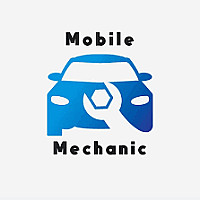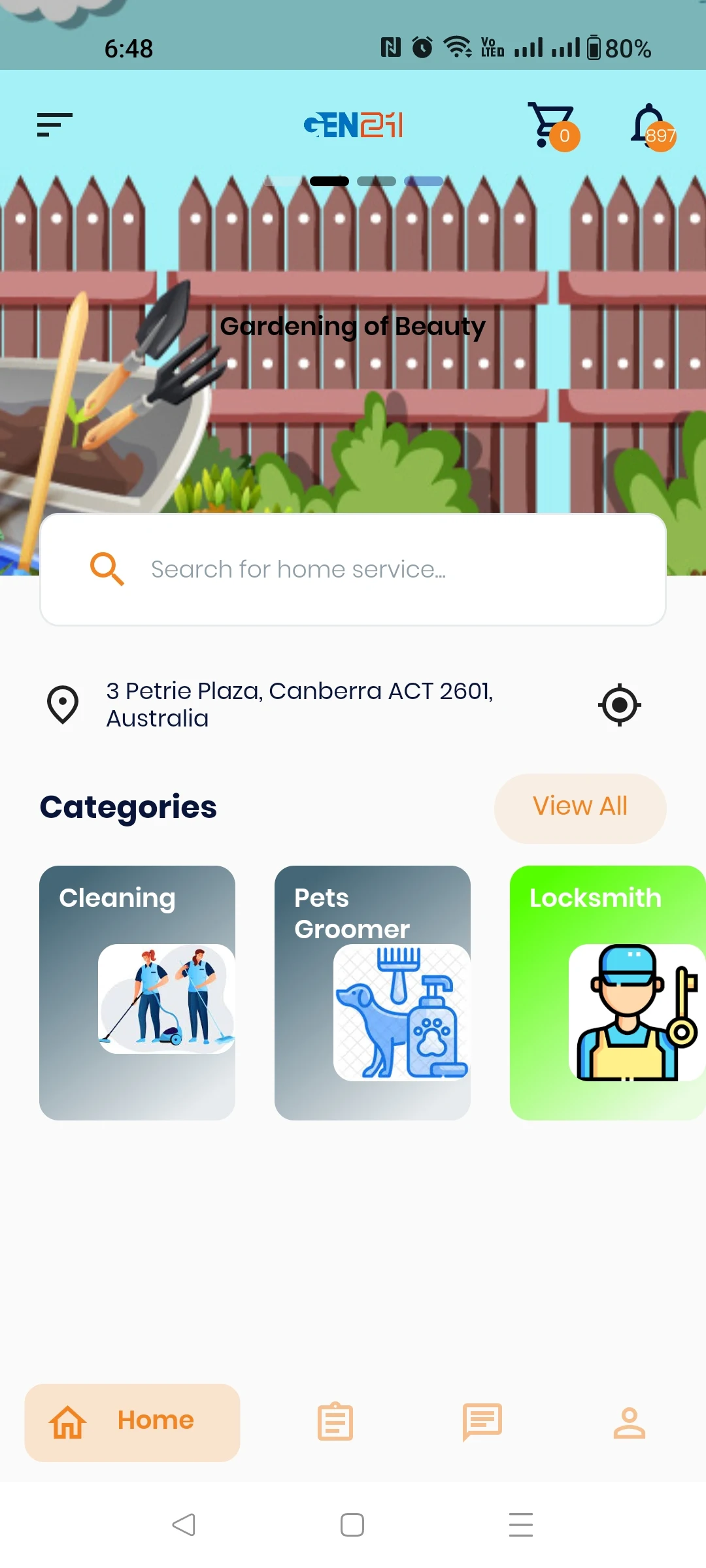A car service provider plays a crucial role in keeping your vehicle in optimal condition. When it comes to choosing a car service provider, there are several factors to consider. Here are some important aspects to keep in mind: Reputation and Experience: Look for a car service provider with a good reputation and extensive experience in the industry. Reading reviews and customer feedback can help you gauge their level of expertise and the quality of service they provide. Services Offered: Check if the car service provider offers a comprehensive range of services to meet your needs. This may include routine maintenance, diagnostics, repairs, and even specialized services for specific vehicle makes and models. Certifications and Licenses: Ensure that the car service provider has the necessary certifications and licenses required to operate. This ensures that they adhere to industry standards and have the knowledge and expertise to work on your vehicle. Warranty: Inquire about the warranty provided by the car service provider. A reputable provider should offer warranty coverage for their services and parts used. This gives you peace of mind knowing that any issues that arise after the service can be addressed without additional costs. Prices and Transparency: Request price quotes from different car service providers and compare them. However, keep in mind that the cheapest option may not always be the best. Look for a provider that offers a fair and transparent pricing structure, with no hidden fees or charges. Convenience: Consider the location and availability of the car service provider. Choosing a provider that is conveniently located and offers flexible scheduling options can save you time and make the service experience more convenient. Recommendations: Seek recommendations from friends, family, or trusted sources who have had positive experiences with car service providers. Their insights and personal experiences can help you make an informed decision. Remember, regular car servicing is essential for maintaining your vehicle's performance, reliability, and safety. Choosing the right car service provider ensures that your vehicle receives the expert care and attention it deserves.
1. How often should I
change my oil?
The
standard frequency for oil changes is every 6 months or 10,000 km. However,
this can vary depending on factors such as how you use your vehicle, extended
idling, dusty roads, and city traffic. Most late-model vehicles have an oil
change indicator, and the information can also be found in the owner's manual.
Checking your oil regularly is still a good practice to avoid engine damage.
2. Should I fold up my wipers if there's freezing rain?
It is not recommended to fold up your wipers when there's freezing rain. This might seem like a good idea to prevent them from getting stuck in the ice, but it puts tension on the wiper arm and can cause premature wear and tear. Additionally, leaving them in the vertical position exposes them to the elements and strong winds could send them crashing down onto the windshield, causing cracks.
3. What's the correct tire pressure?
The
recommended tire pressure varies from one car to another and depends on factors
such as the vehicle's weight. To find out the recommended tire pressure for
your vehicle, you can check the sticker usually located on the door frame, in
the glove box, or inside the fuel cap. It's recommended to check your tire
pressure every month, especially in winter, as tires automatically lose 1 PSI
for every 6°C drop in temperature.
4. What should I do when the check engine light comes on?
If
the check engine light comes on, you can continue driving, but the first thing
to do is to remove and securely put back your gas cap, as it might solve the
problem. If the light persists, it could indicate an emission control system
malfunction, which may affect your gas mileage and the environment. In this
case, it's recommended to book an appointment at your local garage to have it
checked. If the check engine light starts flashing, this indicates a serious
problem that requires immediate attention, and you should stop driving and have
your vehicle towed to a garage.
5. Should I rustproof my car every year?
Rustproofing is one possible solution for protecting your car's body and
chassis, but it's not the only option. It's advisable to combine several
measures, remain vigilant, and quickly repair any scratches before rust sets
in. For example, washing your vehicle during a winter thaw to remove built-up
salt and calcium is a good idea. If rust does appear, there are solutions
available not only for preventing rust but also for stopping its progression.
6. How do I defrost my windshield?
For
the outside of the windshield, you can use a good quality scraper suitable for
your vehicle to break and remove ice. Avoid using excessive force near the
moldings. Using a windshield washer fluid rated to -35°C is also recommended.
For the inside of the windshield, you can also use a scraper, but it's best to
keep your windshield and windows clean and reduce humidity inside your car to
minimize frost. Properly clearing the snow from your entire vehicle is
essential for your safety and the safety of other motorists.
7. What should I do if my car is subject to a recall?
If the dealer or automaker has your contact information, they will notify you
if your car is subject to a recall. If not, you need to stay informed about
recalls by checking Transport Canada's Motor Vehicle Safety Recalls Database.
If your vehicle is subject to a recall, make an appointment at your dealership
to have the necessary repairs or changes made free of charge. Staying informed
about recalls affecting your vehicle is your responsibility as a consumer.
Popular CAR SERVICE Services







